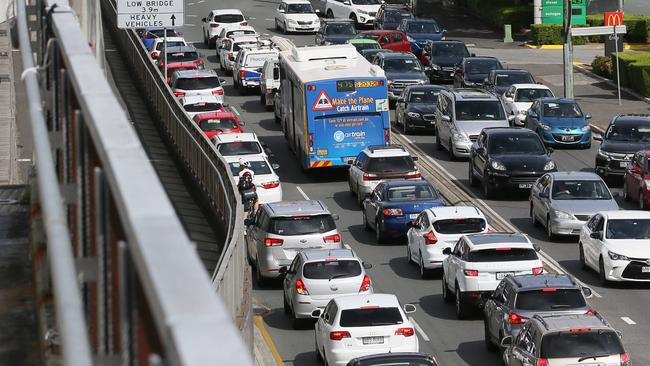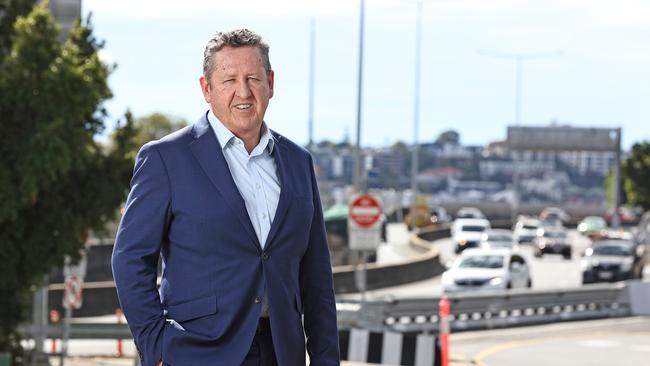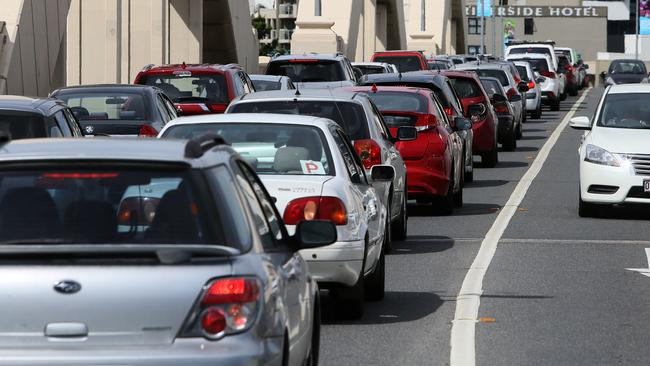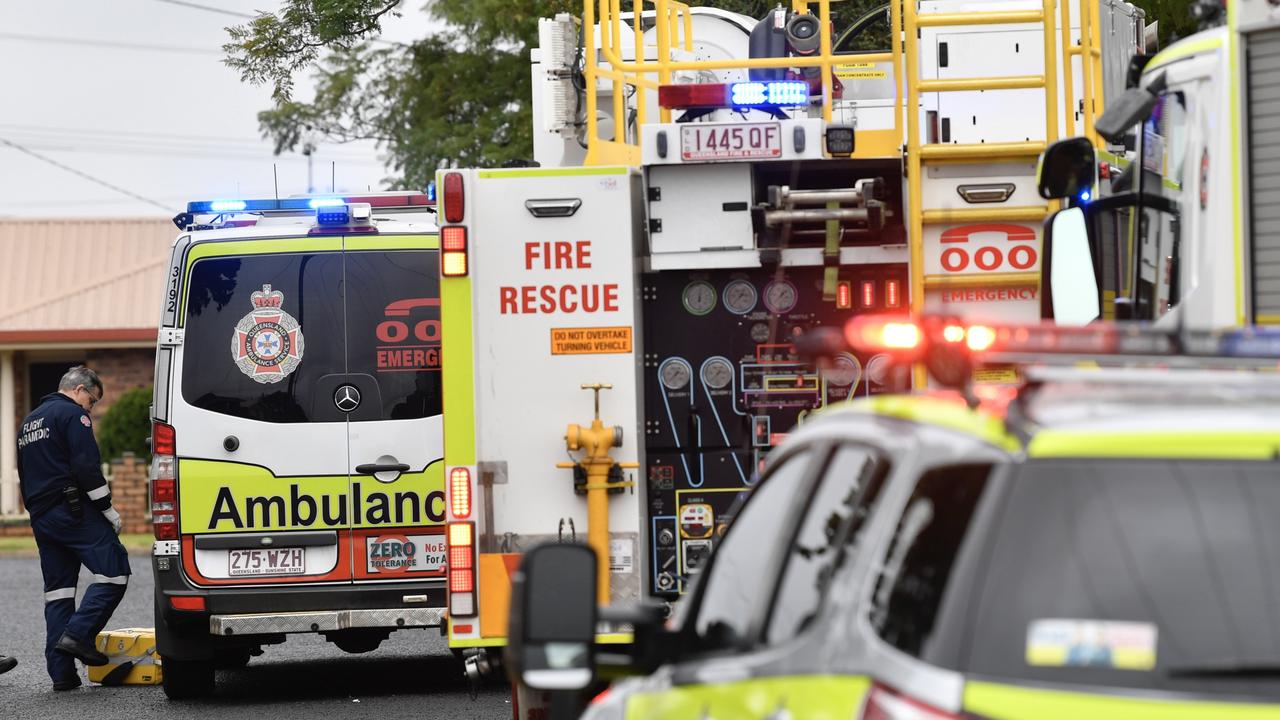20 per cent faster: The AI trial that could speed up Brisbane traffic
AI will take control of Brisbane traffic lights next year in a trial which could soon make commutes faster, safer and even slash petrol bills. HAVE YOUR SAY

Brisbane City
Don't miss out on the headlines from Brisbane City. Followed categories will be added to My News.
AI technology will take control of traffic signals at some key Brisbane intersections next year in a $15m council trial.
The Smarter Suburban Corridors trial, an LNP election promise, could deliver time savings of more than 20 per cent based on similar cities such as Manchester in England.
South Australia has similar trials under way and US cities such as Seattle have shown Google’s AI can manage signal timing to improve traffic flow.
Brisbane Lord Mayor Adrian Schrinner said the city’s two traffic management systems, which used sensors embedded in roads, dated to the 1980s-90s.
They desperately needed updating to cope with an extra 400,000 residents in the coming two decades.
“Smart technology like AI has helped improve traffic flow in other parts of the world,” Mr Schrinner said.
“Brisbane traffic drops by an average of just 6 per cent during school holidays, so smarter technology has enormous potential to help ease congestion right across our city every day.
“Our existing traffic system was first introduced when mobile phones were bricks and we used floppy disks instead of the cloud. The latest traffic technology can learn, predict, adapt, plan and control our existing traffic network.”
A council industry briefing last November attracted huge interest from tech firms around Australia and overseas.

Council voted at this week’s meeting to launch an expressions of interest process on June 6. A shortlist of tenders was expected by January and a contract for a 12-month trial would start on key routes or intersections, yet to be announced, by about August next year.
The new system would be delivered in stages, gradually replacing the two existing traffic control systems, and delivered in partnership with the state government.
The contract would initially be for two years, with an option to extend an extra eight years.
Brisbane and Moreton councils already use AI on cameras mounted on garbage trucks and council vehicles to detect potholes, spot graffiti and illegally parked cars.
Brisbane is the most congested city in Australia and now ranked 10th in the world according to a INRIX Global Traffic Scorecard last year.

The population was expected to grow from 1.3 million to 1.7 million by 2046, with road freight increasing at an even faster rate.
University of Queensland AI expert Professor Stan Karanasios said there was a global push to use AI to build smarter cities.
“If done well, AI presents a solution for dealing with Brisbane’s congestion issues, better managing traffic and upgrading systems,’’ he said.
“The goals of the AI system are to reduce time in traffic, provide more reliable travel and ensure safer journeys.
He said managing traffic with AI could also reduce crashes and carbon emissions.
Greens Councillor Trina Massey said she had reservations. “Will it simply reinforce the car-dominant system we already have?”
RACQ head of public policy, Michael Kane, said the RACQ supported the trial.
However there was no silver bullet to fix congestion.
“It’s best to think of it like a chronic disease such as arthritis — you can’t cure it but you can manage it better so life is worth living,’’ he said.
“As cities grow cars are the least efficient modes of transport, particularly in peak hour.
“Council’s Race to Gold (2032 Games transport) document says (AI) on key corridors which carry a lot of buses will have benefits that spread to other corridors.’’
He said semi-autonomous vehicles were another element of managing the problem but simply building more roads “induced’’ more traffic, particularly car users.





